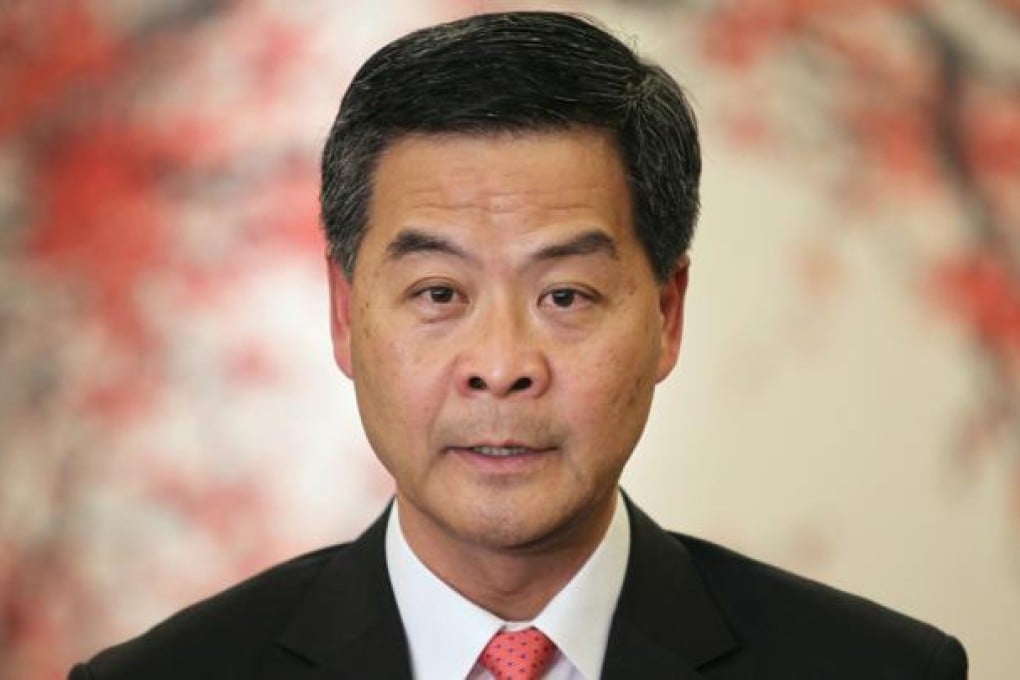Opinion | Hong Kong will pay the price for Leung's discriminatory property tax
Philip Bowring says C.Y. Leung should not have so easily torn up a basic tenet of our tax system and free market principles just to boost his low popularity ratings

The new administration is showing two worrying signs. One is government by knee-jerk response to problems, driven, it seems, by a desire for popularity. It suggests that while Leung Chun-ying is aware of issues which need to be tackled, there is little depth to his thinking. The other is a tendency for government by diktat. This suits both arrogant bureaucrats and the authoritarian instincts of the Communist Party but has little place in today's Hong Kong.
The most glaring recent example of both tendencies at work is the imposition of special taxes on purchases of residential property by non-permanent residents. As an expert on the property market, Leung let his desire to be seen to be doing something about rising residential prices, and thereby boost his popularity, get the better of what he must surely recognise as doing long-term damage to the whole property market, and to Hong Kong's reputation for open markets.
Much of the blame surely lies with his reappointment of John Tsang Chun-wah as financial secretary despite a performance that shows him to have been the worst holder of the post in the 40 years I have been commenting on fiscal policy. Despite five years in the job, Tsang still seems clueless about taxation principles or devising strategies for the medium term. After years of producing ragbags of budget handouts and fiscal fiddling, he has now put his name to the stupidest fiscal measure in living memory.
A discriminatory tax on non-permanent residents is contrary to the most basic tenet of Hong Kong's tax system. It might well be in breach of Article 105 of the Basic Law.
The extra stamp duty on the resale of residential properties is also an unwarranted effort to manipulate the market. Will officials next try a similar stunt with stocks?
The greatest irony of all is that a government preaching integration with the mainland has now adopted a measure aimed primarily at keeping out mainland money. At the same time, it has told mainlanders that Hong Kong is not the free market haven they have long admired but a place where third-rate officials and dumb politicians undermine decades of basic principles.
It is not as though Hong Kong is facing a crisis such as might have justified the stock market intervention in 1998; there is no crisis here. Yes, prices have gone up, but big mainland money is more interested in luxury apartments than the lower and middle levels of mass market private-sector housing. Why should we care if non-permanent residents want to buy at any price? Imposing arbitrary taxes may keep them out but it deprives local owners of the opportunity to sell. Meanwhile, at the lowest end of the market, small flats in the northern New Territories are hardly any more expensive now than in 1998.
